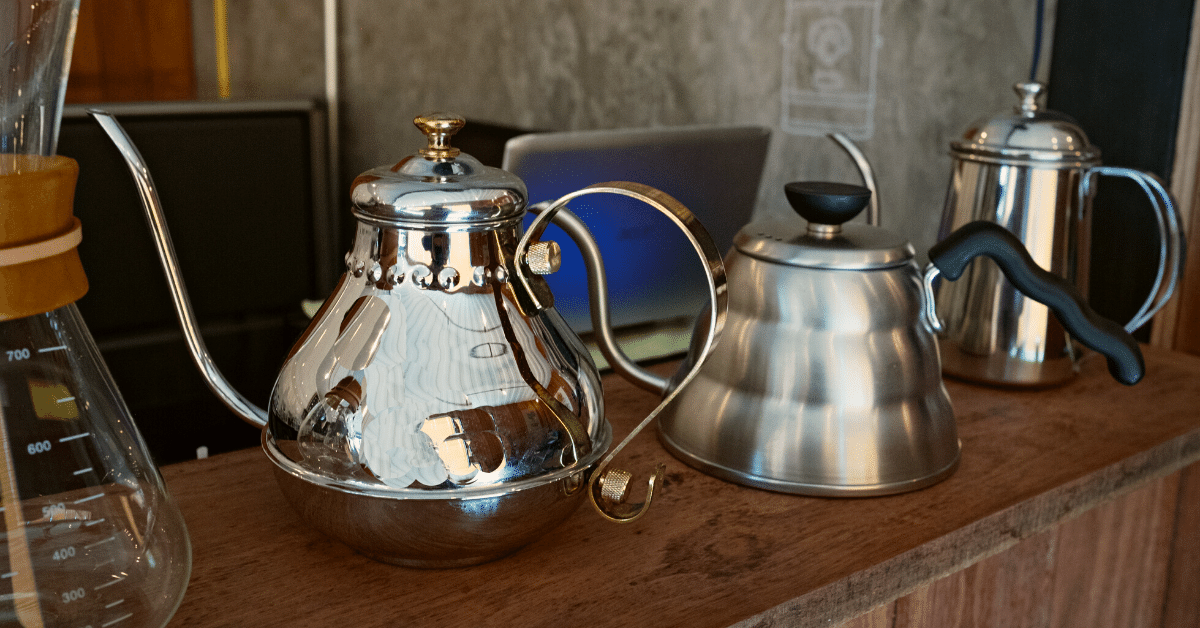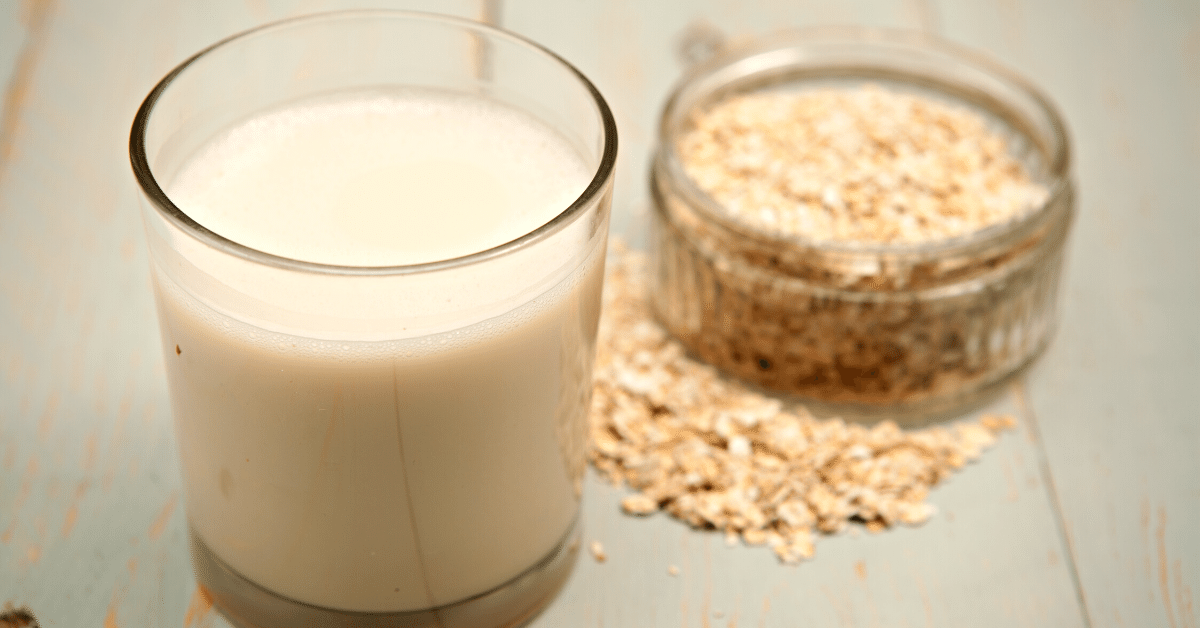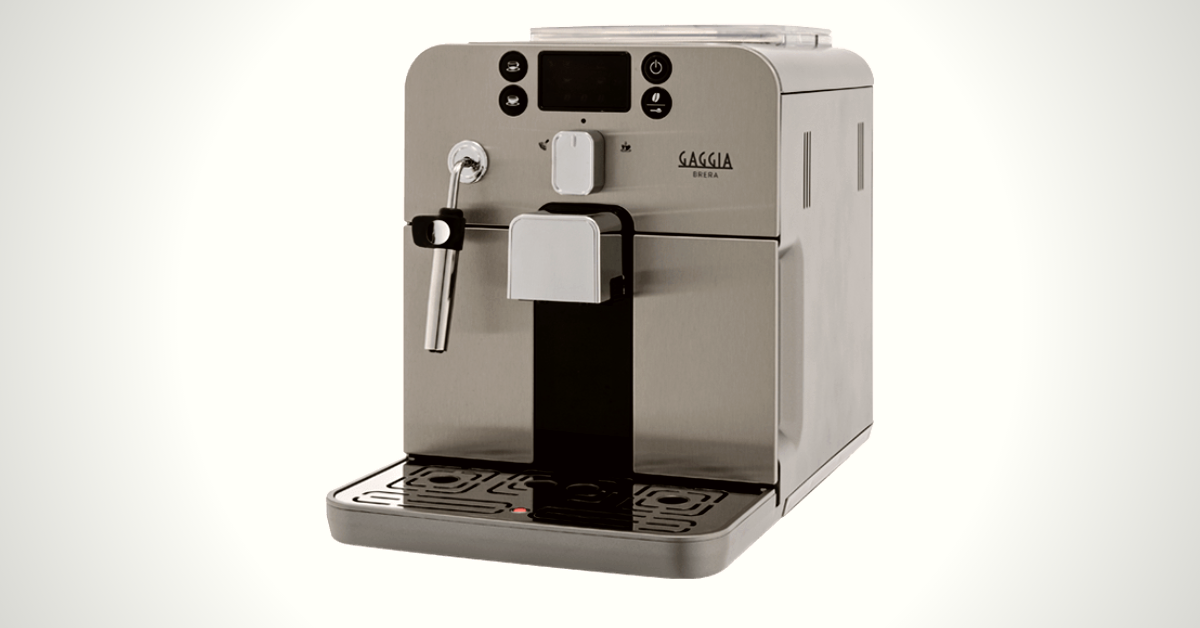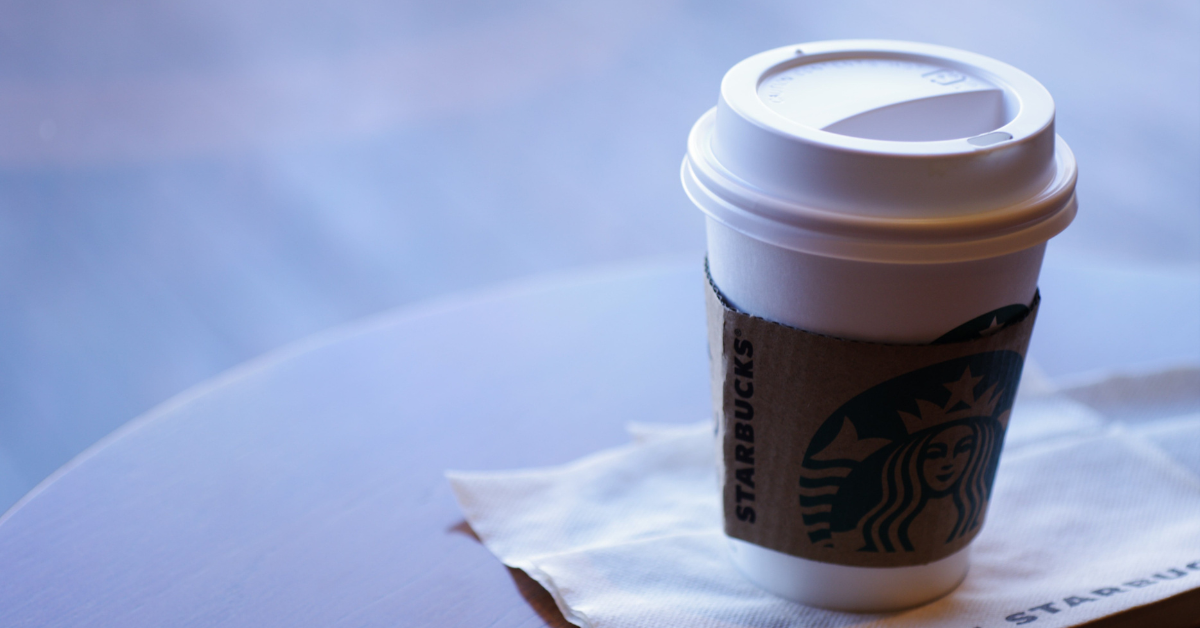Is it ok to drink coffee after workout? Learn all the pros and cons of drinking coffee after exercise so you can safely consume your cup of joe.
Coffee after a workout – is it a good idea?
Short answer: yes.
But let’s dig into the reasons why drinking coffee after workout might be a good idea.
And why drinking coffee before a workout might be even better.
Let’s jump straight in!
Can You Drink Coffee After A Workout?
Absolutely.
Not only is it perfectly okay to drink coffee after a workout, but it might also actually be beneficial to your recovery and performance.
The benefit of drinking coffee comes from the caffeine and not necessarily the coffee itself.
Caffeine, after all, is a stimulant. That’s why it helps wake you up in the morning and get you through the day.
Let’s look at the three biggest ways that drinking coffee is a good idea after a workout.
Caffeine Replenishes Glycogen
First off, glycogen is your muscle’s primary fuel source.
It’s the stored version of glucose or the sugar your body uses for energy.
After a workout, your glucose levels are lower than when you started, which is why you feel tired.
Drinking caffeine and eating some carbohydrates will speed up glycogen raise your energy level and help with muscle recovery.
Personally, I like having a small cup of black coffee and a banana right after a heavy workout. But then again, I generally do my workouts in the mornings, so a cup of coffee makes sense.
If you work out in the afternoon or evenings, I wouldn’t recommend having a cup of coffee. While caffeine will help your recovery, it still acts as a stimulant and might keep you awake.
And even though coffee helps with recovery and muscle soreness, getting enough sleep is far more important.
IN A NUTSHELL
Drinking caffeine after a workout helps replenish glycogen. Glycogen is what your muscles use as a fuel source. So caffeine intake helps your muscles recover after a hard workout.
Caffeine Mobilizes Fats
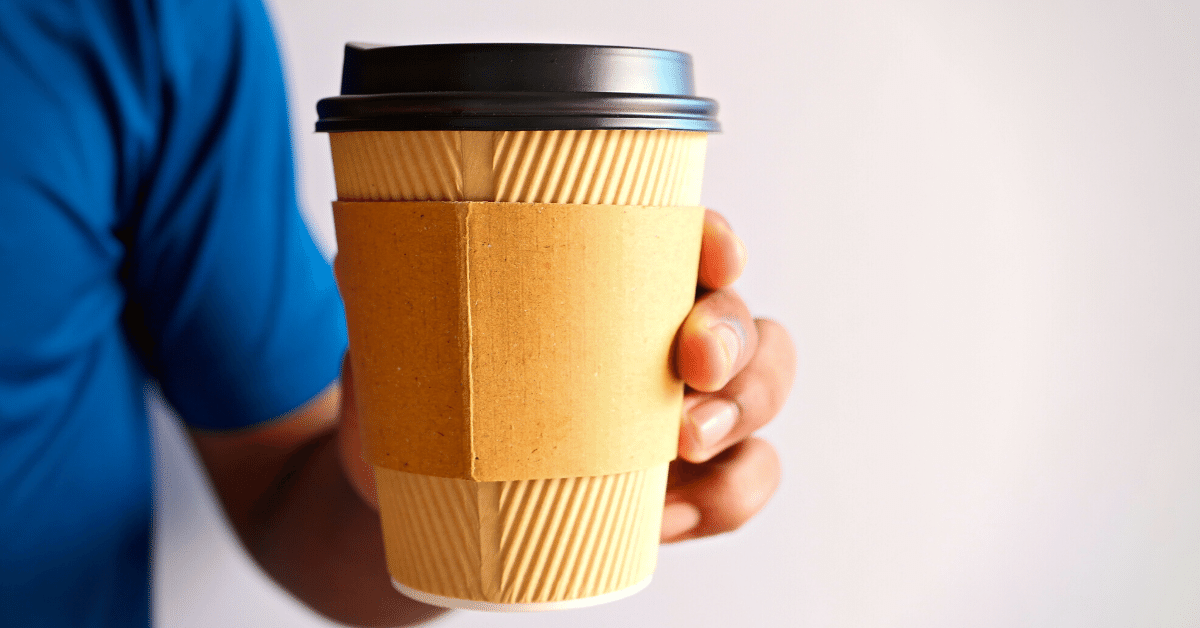
For most people, caffeine is a stimulant. It stimulates the nervous system, which sends signals all over your body.
Some of those signals go to fat cells. Your nervous system tells the fat cells to break down the fat.
This is great post-workout because your cells are already breaking down fat. Drinking caffeine will prolong this effect and mean you break down fat for longer after a workout.
But you don’t need to work out to feel these effects. Caffeine works to mobilize your fat cells even if you didn’t work out right before your morning cup.
That’s why black coffee is a good addition to a diet if you’re trying to lose weight.
Are you a fan of savoring green tea? Read our article on ‘What Is Epigallocatechin Gallate’ to discover how the combination of green tea and EGCG can also help individuals lose weight.
If you’re primarily concerned with recovery after working out, then you can mix in some dairy or dairy alternatives to your coffee. You’ll still get the same benefits.
BOTTOM LINE
Caffeine boosts your nervous system, which sends signals to your fat cells to start breaking down fat. That means that post workout caffeine helps you break down fat.
Caffeine Increases Calorie Burn
This follows along with the first two benefits.
Caffeine raises your metabolic rate. Your metabolic rate is the rate at which you burn calories.
What does that do for your gains?
Well, you burn more calories when your resting metabolic rate is higher.
So, it makes sense that if you keep your metabolic rate higher for a while after your workout, you will continue to burn calories for longer.
In fact, drinking coffee can actually raise your metabolic rate by up to 11%.
If you’re looking for a quick way to get caffeine into your system after a hard workout, my personal favorite is a straight shot of espresso.
It’s easy to drink quickly and doesn’t have too much caffeine.
BOTTOM LINE
Caffeine raises your metabolic rate. Your metabolic rate is your body burning calories. So that means that caffeine helps with weight loss.
Are there any downsides to drinking coffee after a workout?
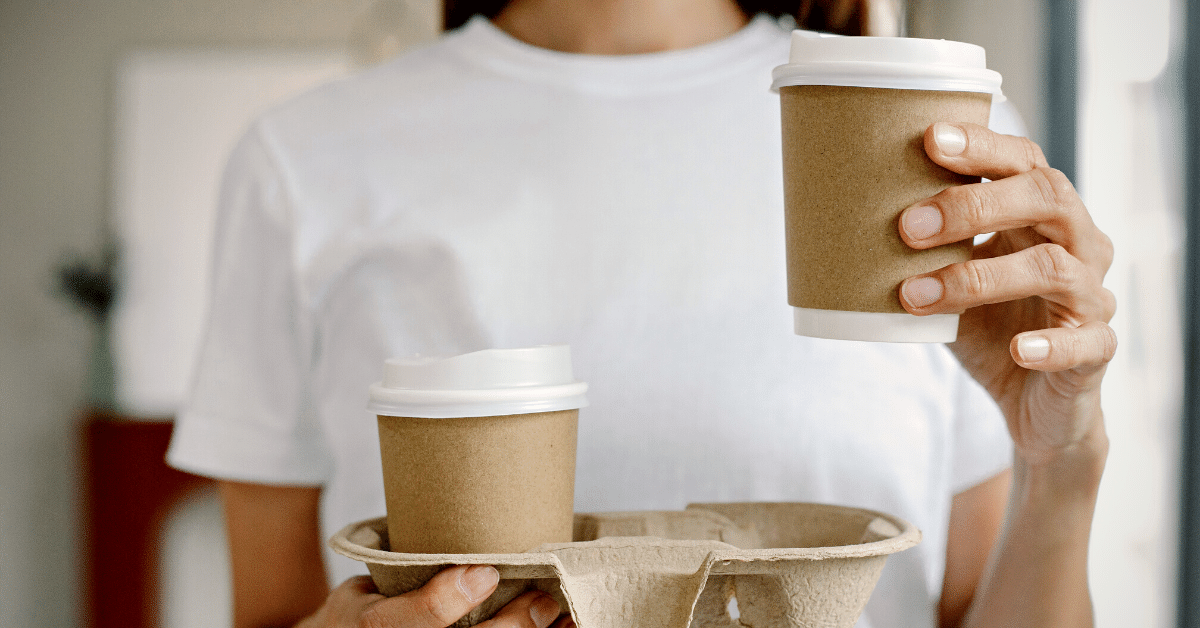
The possible downsides of coffee after workout have more to do with the coffee than any exercise:
- If you’re susceptible to coffee jitters or increased anxiety, skip the post-workout coffee. Since both workout and coffee raise your blood pressure, these symptoms can get worse if you combine those two.
- Caffeine itself won’t cause dehydration. But, since it has a mild diuretic effect if combined with a workout, you might lose more water than usual. So make sure you drink a lot of water after your workout, along with your coffee.
- Depending on when you work out, drinking coffee after can affect your sleep habits. So I wouldn’t recommend caffeine consumption if you have your training late in the evening, since you might have trouble falling asleep.
The bottom line is that you need to listen to your body. Figure out when is the best time for you to work out and when the best is for coffee.
Coffee After Workout or Before – Which Is Better?
With coffee being such a great post-workout option, does that mean it’s not a good pre-workout option?
Not at all.
There’s a reason so many people take a pre-workout supplement that’s mostly just caffeine.
But let’s dig a little into why drinking coffee before a workout might also be a good idea.
Why is coffee before a workout a good idea?

Caffeine helps with muscle strength, endurance, focus, and general athletic performance.
You don’t need caffeine to have a good workout, but it can be a useful jumpstart to your routine.
Also, caffeine works on average joes just as well as elite athletes. That means you don’t need to be crazy fit to see the benefits of a pre-workout coffee.
It’s a great way to jumpstart your workouts.
When and how much should you drink?
It’s recommended that you drink 1-2 cups of coffee about an hour before your workout.
That allows the caffeine enough time to circulate through your system and gives you all the benefits.
Instead of pre-workout, I like to keep a jar of instant coffee on hand for when I’m on my way to the gym.
NOTE
There are a number of expensive pre-workout options on the market. But I prefer coffee because it’s much cheaper and easier to incorporate into a daily routine.
So should you drink coffee after workout or before?
That’s entirely up to you and your goals.
Do you generally work out in the afternoon or evening? Then try a pre-workout coffee. Just be conscious that your sleep might change.
Are you a morning workout kind of person? Then try a coffee after workout to help you keep those gains throughout the day.

But the reality is that it doesn’t matter much if you drink coffee before or after a workout. Either option is beneficial to your overall progress.
Really, if you’re looking for a reason to start drinking coffee, workout gains are a great reason.
IMPORTANT NOTE
Sweating and caffeine are both dehydrating. So if you do decide to drink coffee after your workouts, it’s equally important that you also drink a lot of water. Stay hydrated!
Last Thoughts About Coffee After Workout
Drinking coffee after a workout is a great idea. It helps you metabolize fats, replenish glycogen, and increase and prolong calorie burn.
So yes, drinking coffee after a workout is a good idea.
Drinking coffee before a workout is an effective way to jumpstart your day and give yourself other benefits.
But really, drinking coffee before or after a workout is not only safe but recommended.
Want to make your post-workout coffee even better? Check out our article on how to make protein coffee!



